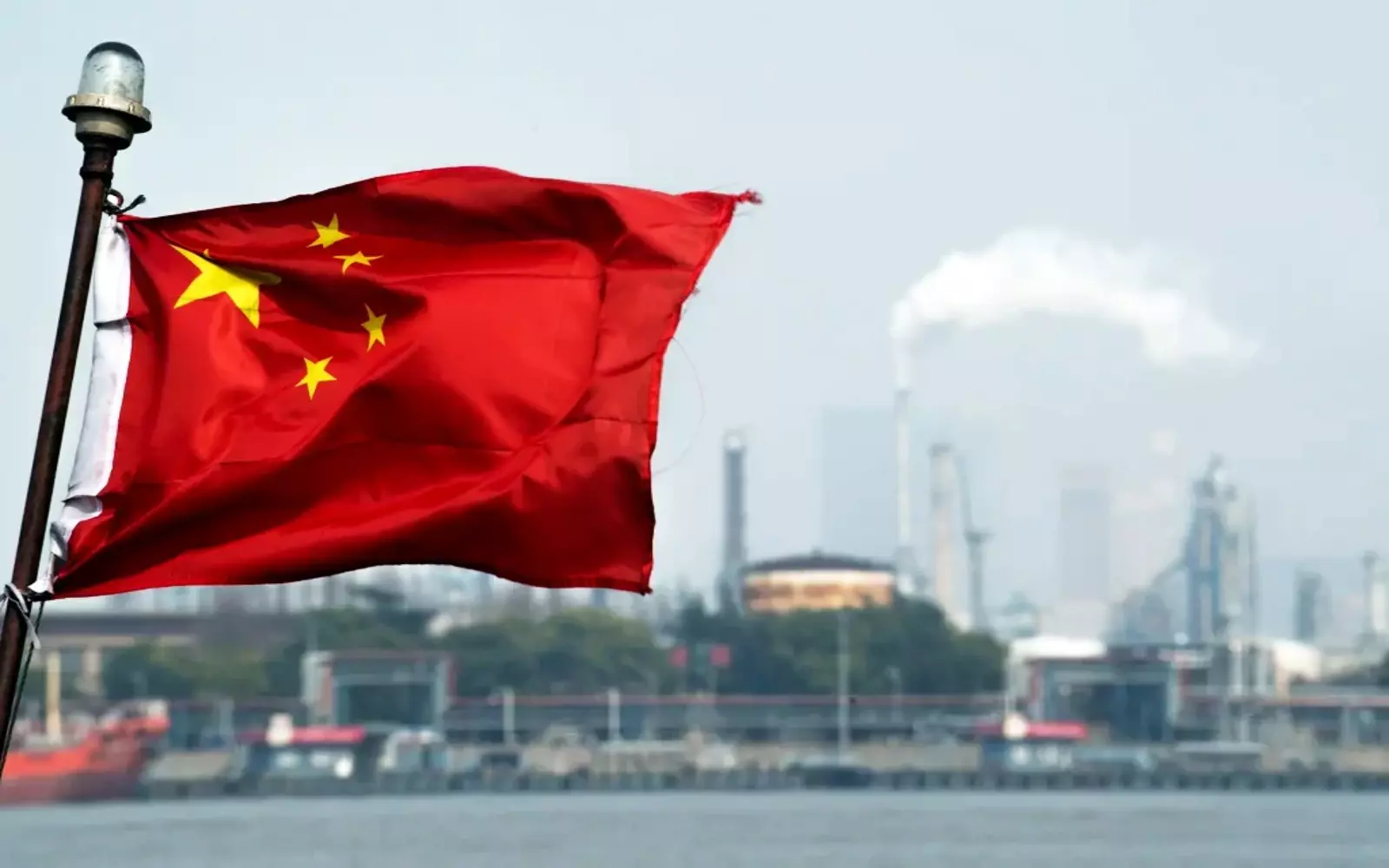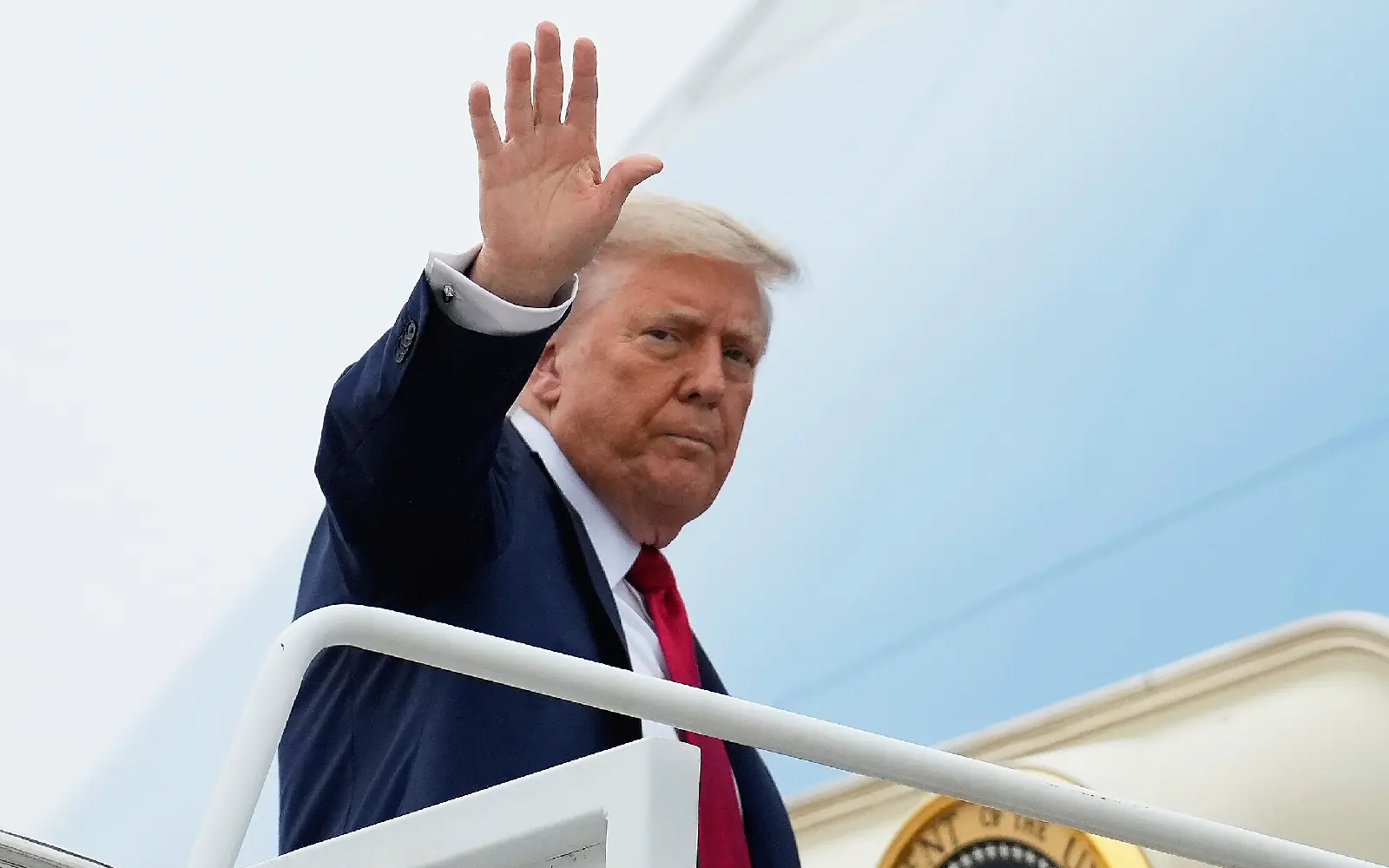Chinese Government Prioritizes Boosting Domestic Demand Amid Trade Tensions
In response to the ongoing trade tensions with the United States, Chinese policymakers have placed a high priority on expanding domestic demand this year. The goal is to mitigate the effects of the tariffs imposed by US President Donald Trump.
Rationale Behind the Focus on Domestic Demand
The decision to focus on boosting domestic demand comes as a strategic response to the economic challenges posed by the trade disputes with the US. By stimulating consumption and investment within the country, Chinese authorities aim to reduce reliance on foreign markets and create a more self-sustaining economic model.
Impact of US Tariffs on Chinese Economy
The tariff salvos initiated by President Trump have had a significant impact on the Chinese economy, particularly on the export sector. With the imposition of tariffs on Chinese goods entering the US market, many Chinese businesses have faced increased costs and reduced access to one of their key trading partners.
Strategies to Encourage Domestic Consumption
To counter the effects of the US tariffs and promote domestic demand, the Chinese government has implemented various strategies. These include tax cuts for individuals and businesses, increased infrastructure spending, and efforts to boost consumer confidence.
Tax Cuts and Incentives
One of the key measures taken by the Chinese government is the implementation of tax cuts for both individuals and businesses. By reducing the tax burden on households and companies, the aim is to stimulate spending and investment, thereby boosting domestic demand.
Infrastructure Development
In addition to tax cuts, the Chinese government has ramped up infrastructure spending as a way to create jobs and drive economic growth. Investments in projects such as transportation, energy, and telecommunications not only provide immediate employment opportunities but also contribute to long-term economic development.
Consumer Confidence
Maintaining consumer confidence is crucial to encouraging domestic consumption. To this end, the Chinese government has taken steps to assure the public of the stability and resilience of the economy. Communication efforts emphasizing the country’s economic strength and growth prospects play a vital role in shaping consumer sentiment.
Future Outlook and Challenges
While the focus on expanding domestic demand is a strategic move by Chinese policymakers, challenges remain. The ongoing trade tensions with the US, coupled with global economic uncertainties, continue to pose risks to China’s economic stability. Balancing the need to boost domestic consumption with external pressures will be a key challenge in the coming months.
In conclusion, the Chinese government’s emphasis on expanding domestic demand reflects a proactive approach to navigating the current economic landscape. By prioritizing measures to stimulate consumption and investment within the country, policymakers aim to build a more resilient and self-sustaining economy in the face of external challenges.
Source
This article is written in response to original article.









